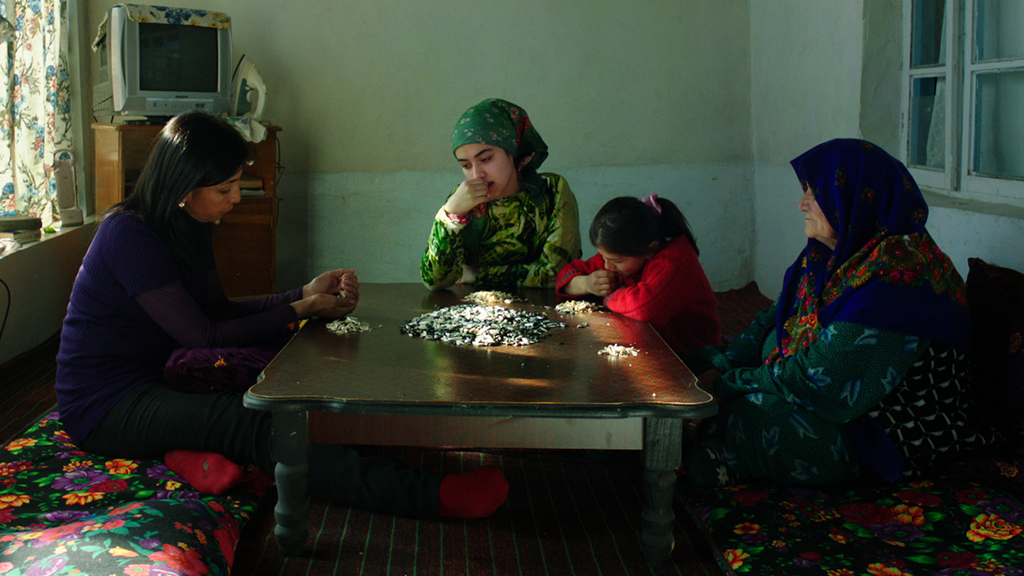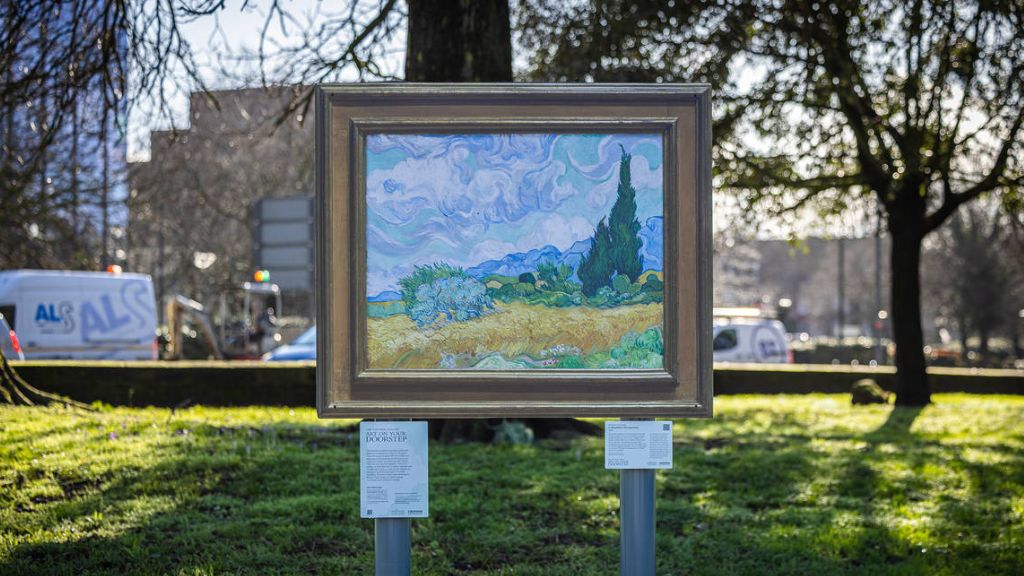
Pick of the week: Saodat Ismailova’s “40 Days of Silence”
While both Soviet and modern Russian cinema is relatively little known in the West, with a few classics being rare exceptions, films from Central Asian post-Soviet republics are mostly unheard of not only in the West but even in Russia itself. Some may have heard of Armenian director Sergei Parajanov and his iconic work The Colour of Pomegranates; however, even he is primarily known only among those with a particular interest in cinema. One of the reasons why Central Asian cinema is so isolated from the outside world is the lack of access both in terms of language and distribution. British streaming platform Klassiki provides a unique opportunity to enjoy Central Asian cinema in perfect quality with professional English subtitles. This week the curators of the platform invite you to watch 40 Days of Silence – a modern Uzbek film by Saodat Ismailova.
Cinema of Uzbekistan as a whole is a very niche topic. During the Soviet period there have been very few films that gained recognition outside the country with only three becoming internationally acclaimed. There are two Uzbek films made in the late Soviet period currently available on Klassiki – Tryptich (Триптих, 1980), which had won Grand Prix at San Remo Film Festival, and a largely unknown masterpiece I Remember You (Я тебя помню, 1985). After Uzbekistan became independent upon the dissolution of the Soviet Union its cinema retreated farther into the shadows than ever before. Films produced in the post-Soviet Uzbekistan were often considered low-quality and ignored by critics. However, in recent years the situation has started to change as there emerged a new generation of directors eager to elevate Uzbek cinema and to attract international attention. They have definitely succeeded. Among such directors is Saodat Ismailova, whose film 40 Days of Silence (Chilla, 2014) is currently available to watch on Klassiki as part of the platform’s Pick of the Week section.
This incredibly cinematic story of four women has been compared to Tarkovsky’s oeuvre in terms of command of colour and is set in a small village, where four different generations come together under one roof. Interestingly, there are no men – the main characters are women only, even though a male presence is undeniably felt in their fates. Bibicha makes a vow to remain silent for 40 days in hopes of getting back together with her estranged lover and escapes to live together with her grandmother Khanjarmomo, where she is joined by her aunt Sharia, who returns from a big city. The three women are also joined by illegally born Sharifa – Khanjarmomo’s granddaughter. 40 Days of Silence is imbued with spirituality and highlights the issues faced by Central Asian women, which are unique due to their cultural and religious background. This film has been noticed by international public and participated in such prestigious festivals as Berlin Film Festival, Seattle International Film Festival, Hong Kong International Film Festival and Göteborg Film Festival.
Watch 40 Days of Silence on Klassiki in perfect quality with English subtitles. If you become a member before April 4, monthly subscription will cost £2.99 instead of £5.99!
Cover photo: a still from “40 Days of Silence”
Read more:
National Trust is trying to save a tapestry depicting Peter the Great from moths
Rudolf Nureyev: an emigrant, who became a ballet legend
How Britain discovered Gorbachev, and Gorbachev discovered Britain
SUBSCRIBE
Receive our digest once a week with quality Russian events and articles




